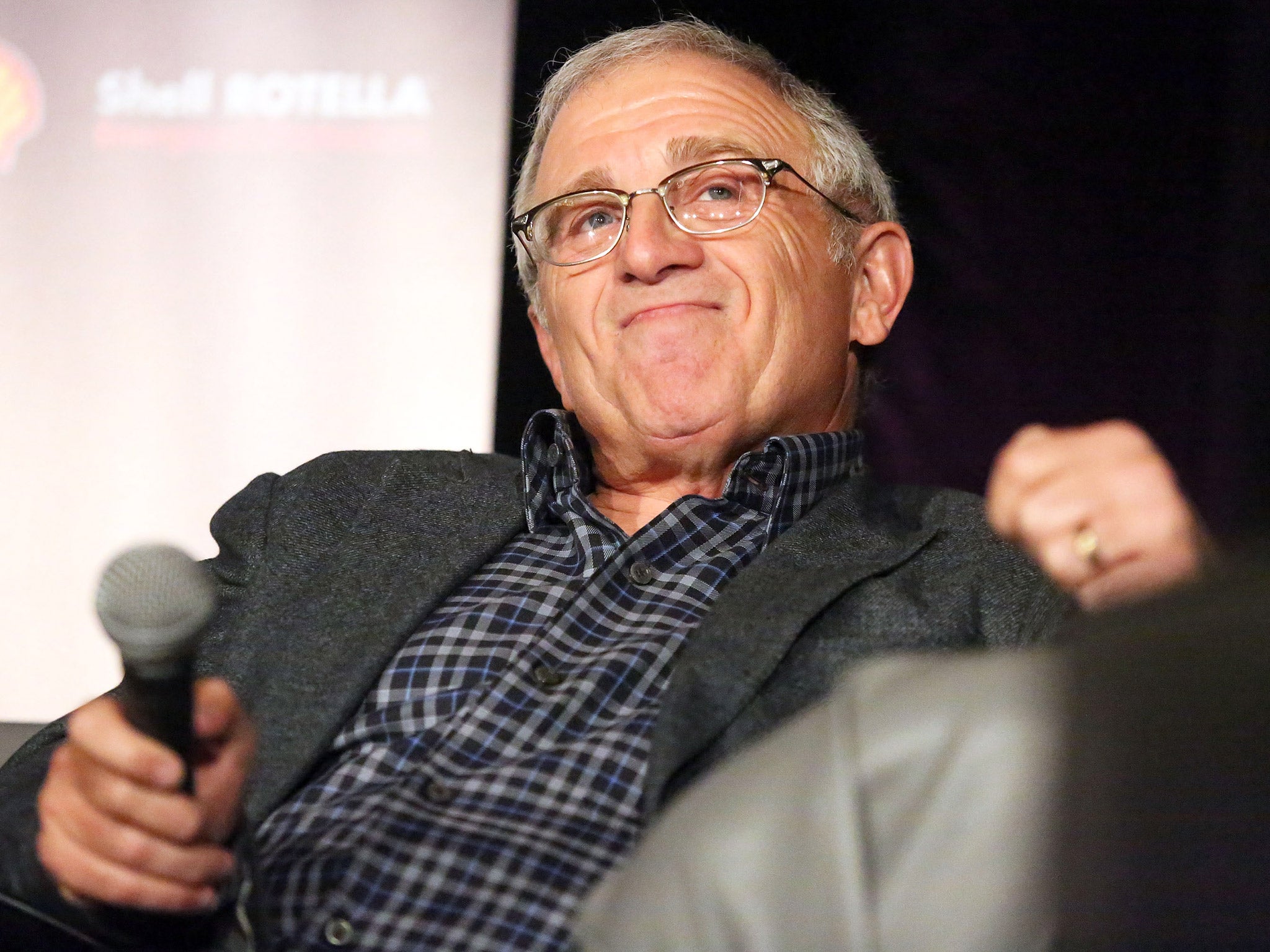The mogul who wants YouTube to face the music - to the tune of $1bn
Threats of legal action have been spelt out to the Google-owned company by lawyers for Irving Azoff

YouTube faced a possible $1bn (£644m) lawsuit last night after being accused of short-changing artists ranging from Pharrell Williams to the Eagles, by failing to pay required performance rights.
Threats of legal action have been spelt out to the Google-owned company by lawyers for Irving Azoff, a music industry heavyweight in Los Angeles, who, through his new company, Global Music Rights, represents the financial interests of some of the world’s top music artists and acts.
At the heart of the dispute are some 20,000 songs for which Global manages the performance rights and which are being offered to subscribers of YouTube’s new paid-content service, Music Key. According to Mr Azoff, YouTube either hasn’t paid for the rights for those songs, including ones by George Gershwin, Boston, Smokey Robinson and Chris Cornell, or, if they have, haven’t offered the documentation to prove it.
Global is demanding that it take down all of the 20,000 songs or face legal action. So far there has been no sign of the company complying with the demand. It has, however, asked Global to identify each song or segment it is concerned about and to provide the URL or web addresses.
But the pressure on YouTube to do more may be growing. “This will result in someone blinking, and if it is not them, there will be a billion-dollar copyright infringement lawsuit filed,” Howard King, a lawyer for Global, told The Hollywood Reporter, saying that YouTube will be “adversely impacted” if the case goes to litigation. “It seems silly that they would let this be the test case.”
While Mr Azoff’s clients stand to reap significant rewards if he is successful, the ripples would be certain to spread through the whole industry which in the past decade has seen its old money-making models destroyed by the onset of digital sharing and also piracy.
Moreover, the issue of performance rights payments could apply to music-sharing companies beyond YouTube, Spotify for instance. But talking to The Hollywood Reporter, Mr Azoff made clear that going after the Google subsidiary has become almost personal for him.
He is targeting the company “because they are the ones that have been least co-operative and the company our clients feel are the worst offenders,” he told the trade paper. “It’s also their attitude.”
With his promise to hunt down what he believes is owed them, Mr Azoff has through his new company signed up about 42 artists. He said earlier this month that as far as he was concerned they and other music performers are being “massively underpaid” for their songs that are being digitally shared.
YouTube’s request for the URL’s of each disputed song has meanwhile been met by ridicule at Global. “It is disingenuous that they can keep their hands over eyes until we tell them the URL,” Mr King complained. “They know where it is. We don’t want this to become whack-a-mole.” He contends that YouTube had the technology to find every song that is at issue and “remove it in a millisecond”.
In a letter dated 4 December, a lawyer for Google, David Kramer, accused Global of attempting to “circumvent” a notice-and-takedown process” put in place by Congress precisely to “handle situations like this”. He called the legal position being adopted by Global “misguided”.
Join our commenting forum
Join thought-provoking conversations, follow other Independent readers and see their replies
Comments
Bookmark popover
Removed from bookmarks